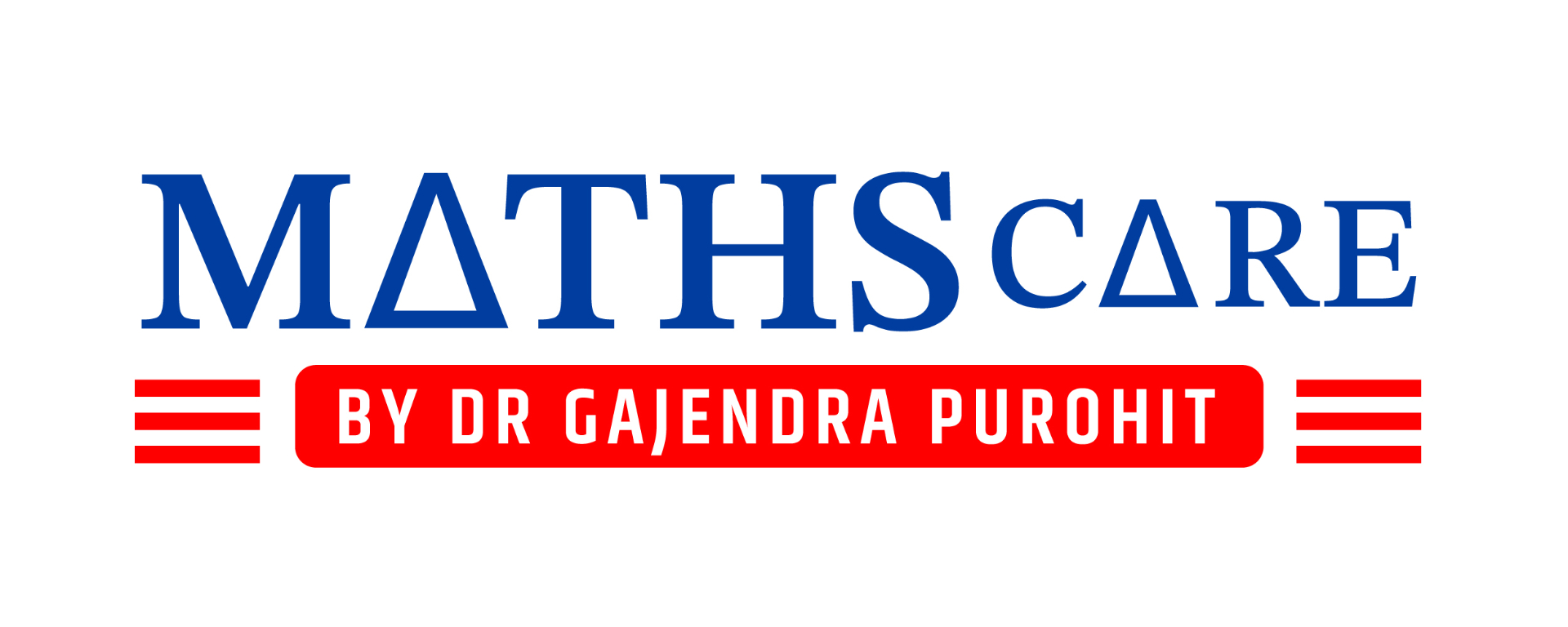
Most Important Topics Gate (Crack GATE Exam 2025)
Most Important Topics Gate (Crack GATE Exam 2025): Introduction
The Graduate Aptitude Test in Engineering (GATE) is an esteemed examination that serves as a gateway to various postgraduate programs in India and opportunities in Public Sector Undertakings (PSUs). With increasing competition, cracking the GATE exam requires a strategic approach, focusing on the most significant topics that carry the highest weightage. In this blog, we delve into the essential aspects of the GATE exam, including its syllabus, exam pattern, and a comprehensive analysis of topic-wise question distribution to help you prioritize your preparation effectively.
Table of Contents
- About GATE
- GATE Syllabus Overview
- GATE Exam Pattern
- Cutoffs and Important Dates
- Topic-wise Question Distribution
- Priority Analysis of Topics
- Conclusion
1. About GATE
The Graduate Aptitude Test in Engineering (GATE) is one of the most challenging examinations in India, designed to evaluate the understanding of various undergraduate subjects in engineering and science. It is a joint initiative by the Indian Institute of Science (IISc) and seven Indian Institutes of Technology (IITs), and it serves as a vital criterion for admissions into postgraduate programs like M.Tech, M.E., and direct Ph.D. programs. Additionally, the GATE score is highly regarded by Public Sector Undertakings (PSUs) for recruitment purposes, making it a crucial exam for engineering graduates aspiring to advance their careers in academia or industry.
2. GATE Syllabus Overview
Syllabus
| GATE Mathematics | GATE DS & AI |
| Calculus | Probability & Statistics |
| Ordinary Differential Equations | Linear Algebra |
| Partial Differential Equations | Calculus & Optimization |
| Real Analysis | Programming, Data Structures & Algorithms |
| Complex Analysis | Data Management & Warehousing |
| Abstract Algebra | Machine Learning |
| Topology | AI |
| Linear Algebra | |
| Linear Programming | |
| Functional Analysis | |
| Numerical Analysis |
The GATE syllabus is comprehensive and varies across different engineering disciplines. It is divided into three main sections: General Aptitude, Engineering Mathematics, and the core subject of the chosen discipline. General Aptitude tests the candidate’s verbal and numerical abilities, which are crucial for problem-solving. Engineering Mathematics covers fundamental mathematical concepts that are widely used in engineering fields. The core subject section delves deep into the specific branch of engineering or science, covering a vast range of topics. Given the breadth of the syllabus, a targeted study approach, focusing on high-yield topics, is essential for maximizing the chances of scoring well.
3. GATE Exam Pattern
Here is the rewritten content based on the images provided:
Paper Pattern
| GATE Maths | GATE DS & AI |
| Total Questions: 65 (100 marks) | Total Questions: 65 (100 marks) |
| Exam Duration: 3 hours – CBT | Exam Duration: 3 hours – CBT |
| Section A: General Aptitude – 15 Marks | Section A: General Aptitude – 15 Marks |
| Section B: Subject Specific – 85 Marks | Section B: Core Engineering Subject – 85 Marks |
| Marking Scheme: 1 mark & 2 mark questions | Marking Scheme: 1 mark & 2 mark questions |
| MCQ: ⅓ for 1 mark question & ⅔ for 2 mark question | MCQ: ⅓ for 1 mark question & ⅔ for 2 mark question |
| MSQ & NAT: No Negative marking | MSQ & NAT: No Negative marking |
| Eligibility: 3rd year or higher from related fields | Eligibility: 3rd year or higher from related fields |
Understanding the GATE exam pattern is fundamental to developing an effective preparation strategy. The exam is conducted online and consists of three types of questions: Multiple Choice Questions (MCQs), Multiple Select Questions (MSQs), and Numerical Answer Type (NAT) questions. The total duration of the exam is three hours, during which candidates must attempt a maximum of 65 questions, totaling 100 marks. The questions are spread across General Aptitude, Engineering Mathematics, and core subject sections. The MCQs have negative marking, whereas MSQs and NAT questions do not, making it crucial to answer these types carefully. The GATE exam is designed to assess not just knowledge but also analytical thinking, problem-solving ability, and application of concepts, making it essential for candidates to focus on understanding rather than rote learning.
4. Cutoffs and Important Dates
GATE cutoffs are dynamic and vary annually based on factors such as the difficulty level of the exam, the number of candidates, and their overall performance. Historically, the cutoff for the General category has ranged between 25 to 30 marks out of 100. However, candidates must note that the cutoff is higher for top institutes like IITs, where the competition is stiffer. The application process for GATE typically begins in September, with the exam being conducted in February, and the results announced in March. It is imperative for candidates to keep track of official notifications to ensure they don’t miss out on any critical deadlines. Additionally, understanding the previous year’s cutoff trends can help in setting realistic targets and assessing one’s preparation level.
5. Topic-wise Question Distribution
Based on the provided image, here’s an analysis of the topic-wise question distribution for the GATE exam:
| Topics | Number of MCQs (1 mark) | Number of MCQs (2 marks) | Number of MSQs (1 mark) | Number of MSQs (2 marks) | Number of NATs (1 mark) | Number of NATs (2 marks) |
| Programming and Data Structure | 3 | 3 | 0 | 0 | 1 | 0 |
| Algorithms | 1 | 3 | 1 | 0 | 1 | 0 |
| Database Management and Warehousing | 2 | 0 | 3 | 0 | 2 | 0 |
| Linear Algebra | 3 | 0 | 1 | 1 | 1 | 1 |
| Probability and Statistics | 4 | 1 | 0 | 0 | 0 | 5 |
| Calculus and Statistics | 1 | 1 | 0 | 0 | 1 | 1 |
| Machine Learning | 2 | 1 | 0 | 1 | 0 | 2 |
| Artificial Intelligence | 2 | 0 | 1 | 0 | 1 | 1 |
6. Priority Analysis of Topics
An in-depth analysis of the topic-wise question distribution reveals that certain topics carry more weightage and should be prioritized during preparation. For instance, Probability and Statistics is a high-priority topic, with a significant number of questions, especially in the NAT section. This indicates that a thorough understanding of concepts in this area can potentially yield high marks. Similarly, Programming and Data Structure and Algorithms also feature prominently, with consistent question representation across different types. These topics form the backbone of many technical interviews as well, making them doubly important. On the other hand, topics like Database Management and Warehousing and Linear Algebra show a varied distribution across question types, suggesting that while they are important, a strategic approach focusing on the types of questions that are more frequently asked can help in efficient preparation.
Conclusion
Preparing for the GATE exam requires not just hard work but also smart work. By understanding the syllabus, exam pattern, and focusing on high-priority topics, candidates can significantly improve their chances of success. The analysis provided in this blog highlights the areas that should receive special attention during preparation. With the right approach, determination, and practice, cracking the GATE exam becomes an achievable goal. Remember, consistent effort and strategic planning are the keys to unlocking the doors to prestigious postgraduate programs and lucrative job opportunities in PSUs.
Also check:
Courses Offered:
Buy our best-selling books on Flipkart and Amazon
Flipkart Combat Test Series CSIR-NET/JRF/Mathematics By Dr. Gajendra Purohit, GPS PUBLICATIONS – click here
|






